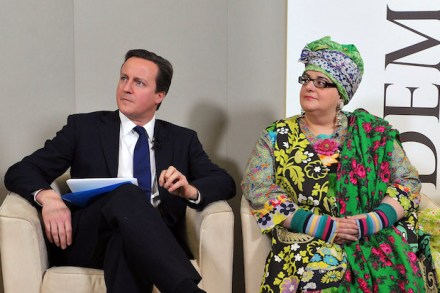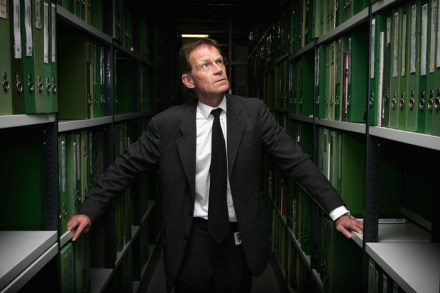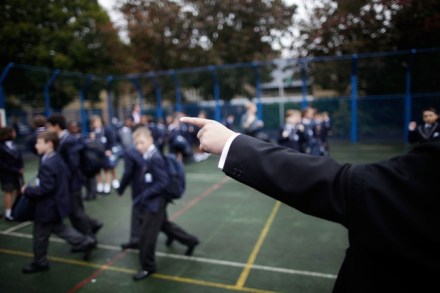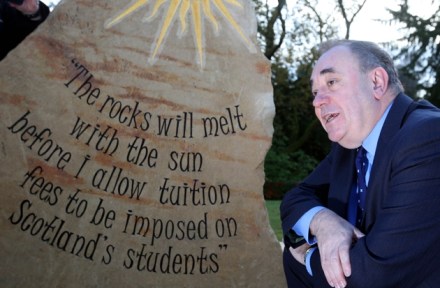Q: What is a good school? A: One that other people like
A few months ago I received a call from someone running a small private school near New York. They believed their school was objectively better than a larger, more famous establishment nearby, but had more difficulty attracting pupils. What should they do? This is not easy. You see, however skilled your teachers are, what really makes a good school is often simply having a reputation for being good. When parents choose a school for their children, much as they pretend otherwise, they are not really choosing a school so much as buying a peer group for their offspring (and, to some extent, for themselves). Yes, I know everyone talks about


















